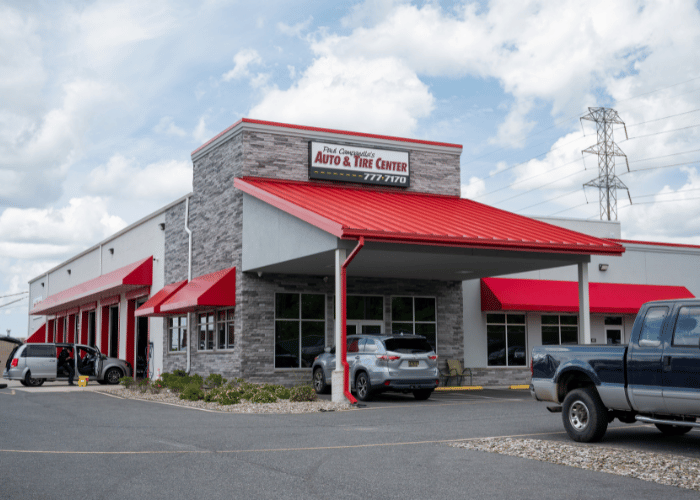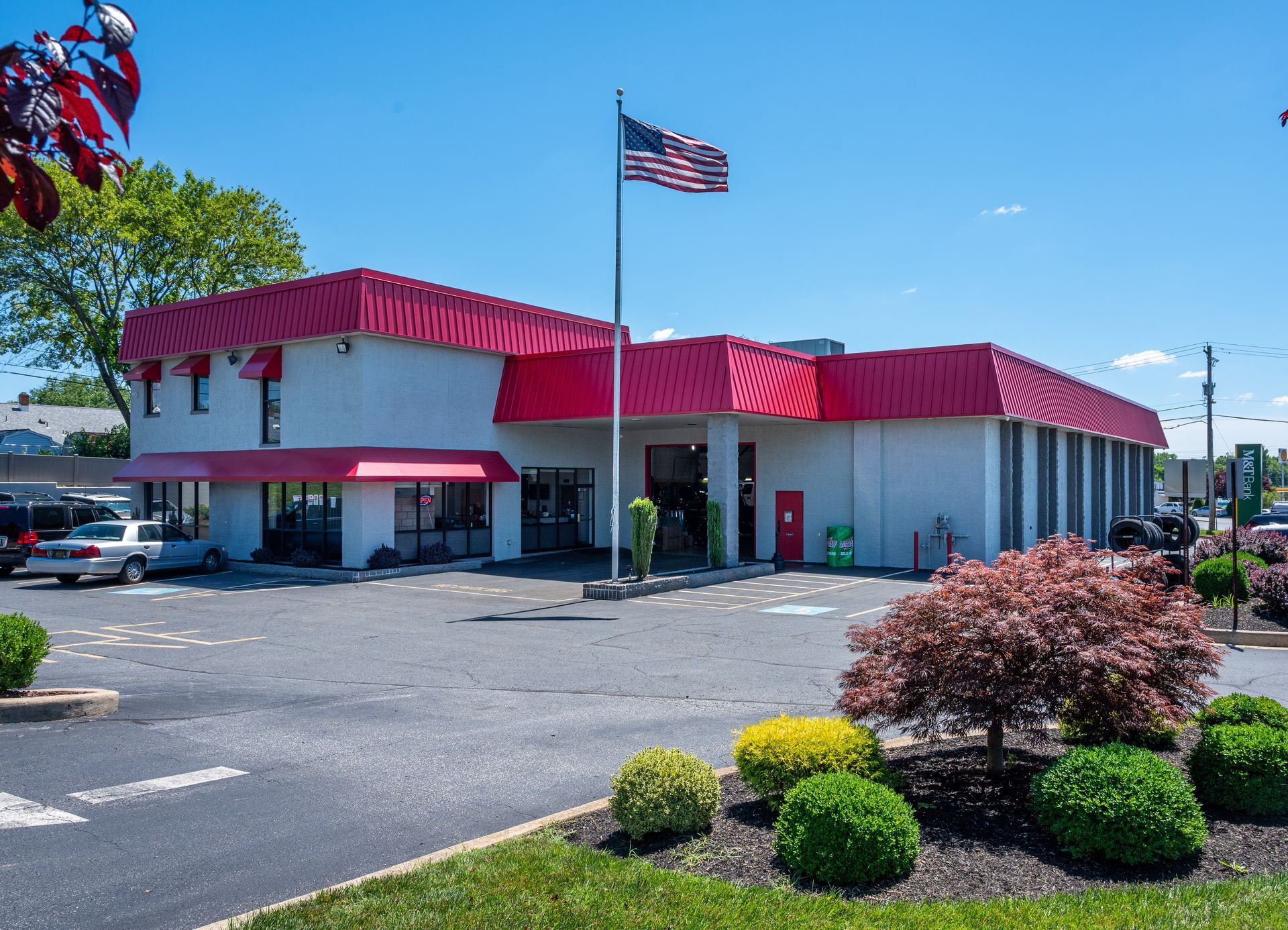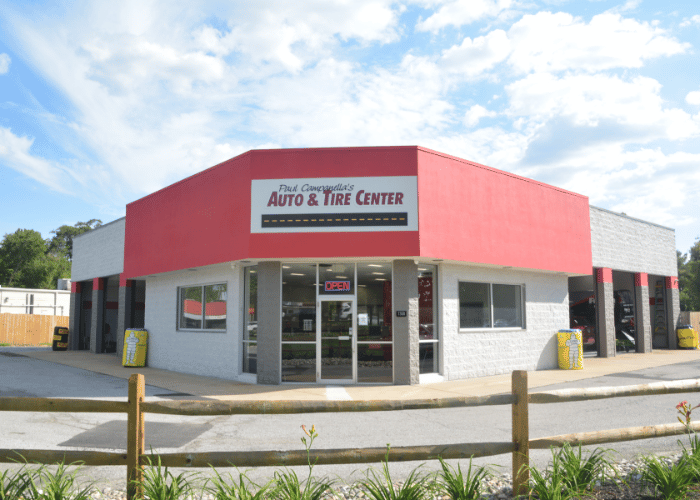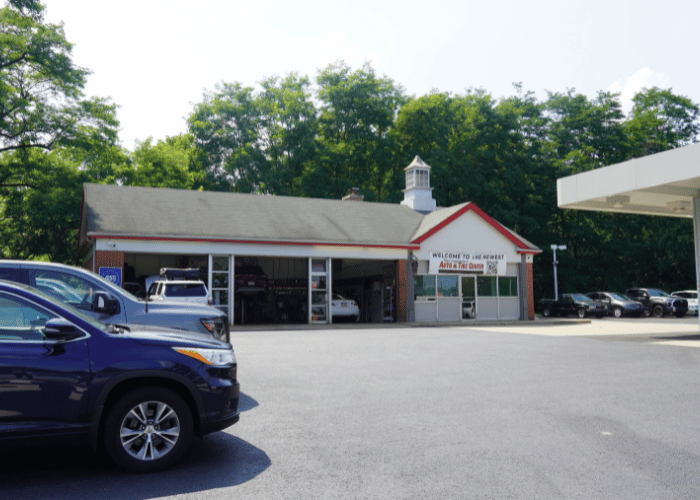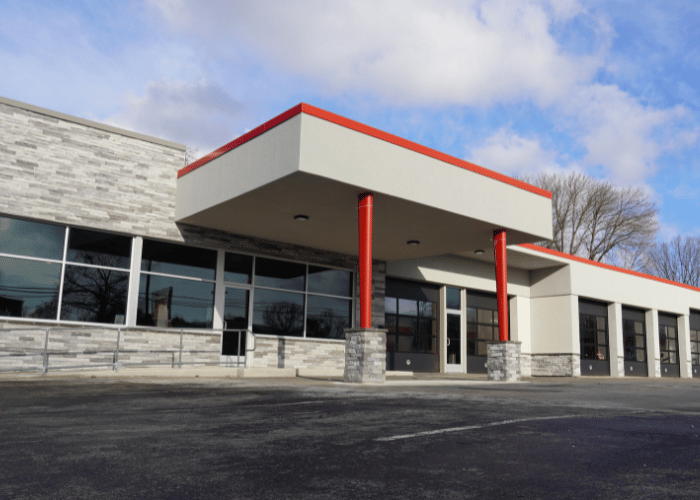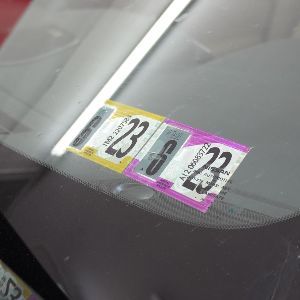Mon - Fri: 8:00 AM - 5:00 PM
Paul Campanella's Blog
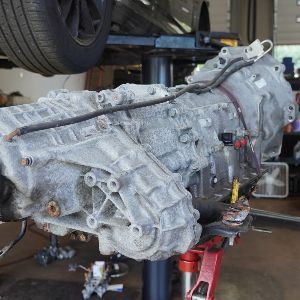
14 Nov, 2023
In the world of automobiles, few components are as critical as the transmission. It's the powerhouse that translates the engine's power into the motion of your vehicle. But what happens when this vital system experiences a hiccup? Transmission issues can be a driver's worst nightmare, potentially leading to unexpected breakdowns and costly repairs. Fear not, for this guide is designed to empower you with knowledge about transmission repair, helping you steer clear of trouble and ensure a smooth ride.
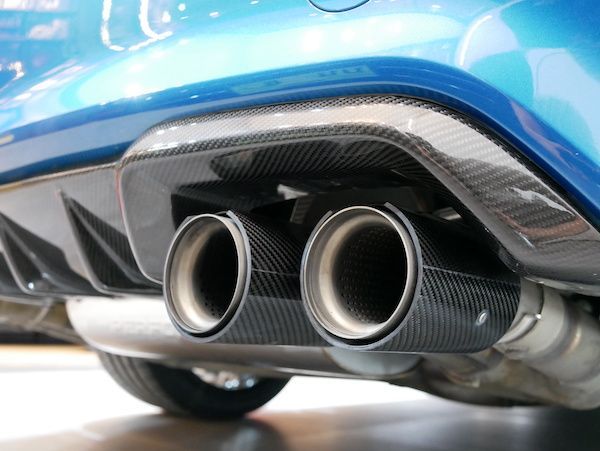
14 Nov, 2023
How does rust form on your cars exhaust? The exhaust system is closer the ground and thus more vulnerable to moisture and debris from the road, like salt. Gasses and moisture inside your exhaust system also contribute to rust over time. If you live near the coast where salt collects in the air or in an area that uses road salt in the winter, frequent washing of the undercarriage will remove salt and dirt buildup that causes rust and corrosion. Ask your technician to inspect your exhaust system when you get your oil changed to monitor health. /Files/Documents/Rusted Exhaust.jpeg When it comes to safety and vehicle health, replacing one rusted component is more time-consuming and expensive long-term. Rust is like cancer; once it has spread to one area of the vehicle, it wont slow down. If your technician finds a rusty pipe on the exhaust system, but the rest of the system hasnt been affected, you may be tempted to request welding in a new pipe or welding it back together. Rust is a sign of age and corrosion, so youre better off replacing the system since a temporary fix will only prolong the issue and possibly put you in a dangerous situation. Our team of technicians and service advisors at Paul Campanellas Auto & Tire Center is ready to answer any of your questions! today if youre concerned about any aspect of your vehicles health. /Files/Documents/Exhaust replacement_new vs old.jpg
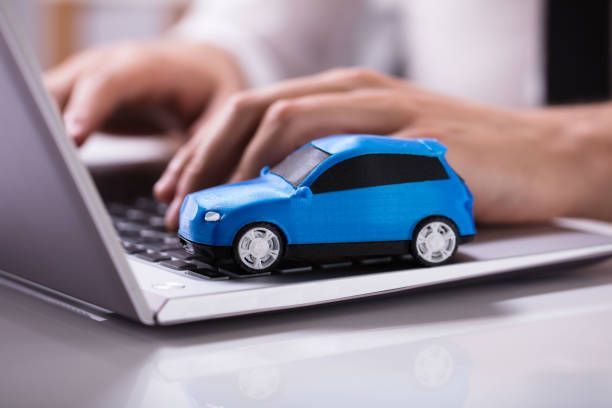
14 Nov, 2023
15 years ago, it was just exciting to be able to get car information online. The ability to walk into a dealership with inside knowledge about car features and standard prices was a huge benefit.
Now, comparison sites online have become so common that before you can even begin your car purchasing research, you feel like you have to narrow down the online websites that are offering to help you.
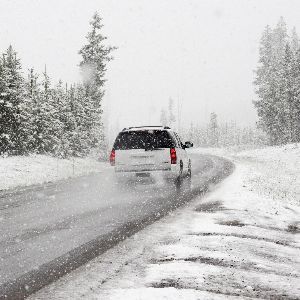
10 Oct, 2023
As the days grow shorter and temperatures drop, it's time to start thinking about prepping your car for winter. Harsh winter conditions can take a toll on your vehicle, leading to breakdowns, accidents, and costly repairs. To ensure your safety and keep your car running smoothly throughout the cold season, follow these essential tips for winter car care. In this blog post, we'll cover everything you need to know, from inspecting your vehicle to preventative maintenance.
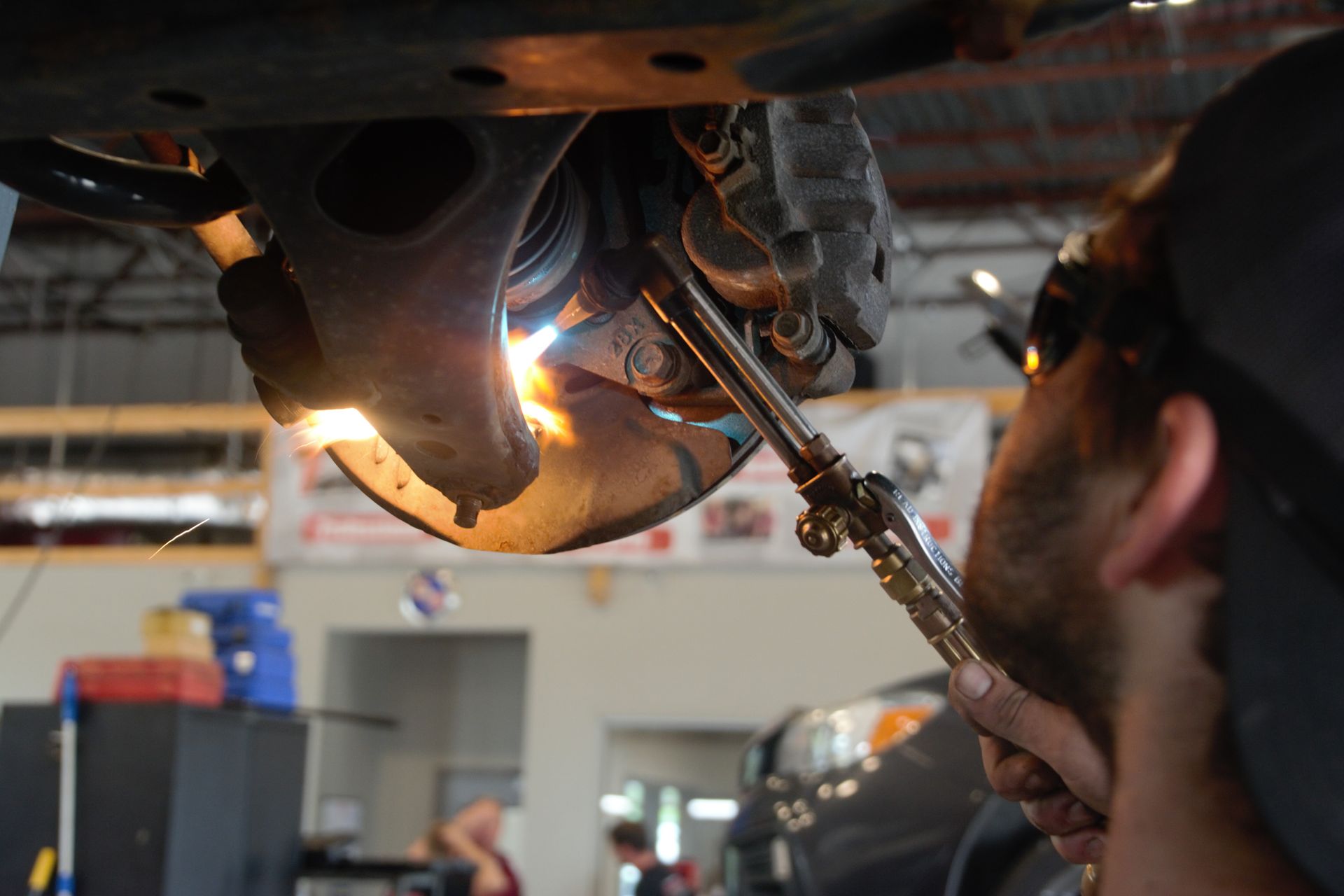
26 Sep, 2023
While a dealership may seem like the best alternative for European auto repair, it’s not the only alternative. A car dealership, while it offers specialized care for your vehicle, is often unable to provide a fast or personalized experience. Building a relationship isn’t usually at the forefront of a high-volume business. Independent shops may not specialize in a specific vehicle, but there are key advantages to using them as your auto care provider.
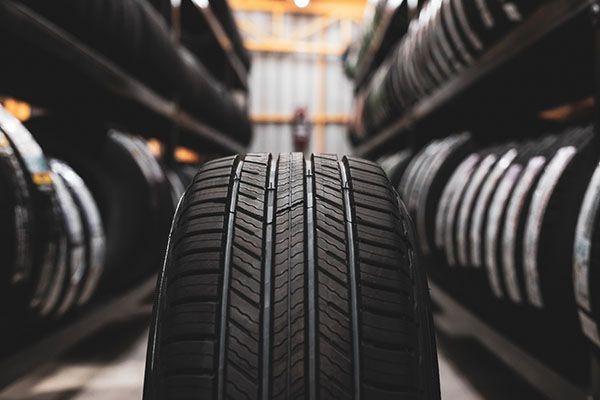
31 Aug, 2023
Changing a car's tires might seem like a straightforward task. After all, how hard can it be? Take off the old ones and put on new ones, right!?
While changing a tire isn't rocket science, there are several reasons why it's often better to leave this task to the professionals. If this isn't enough to convince you, continue reading to find out more.
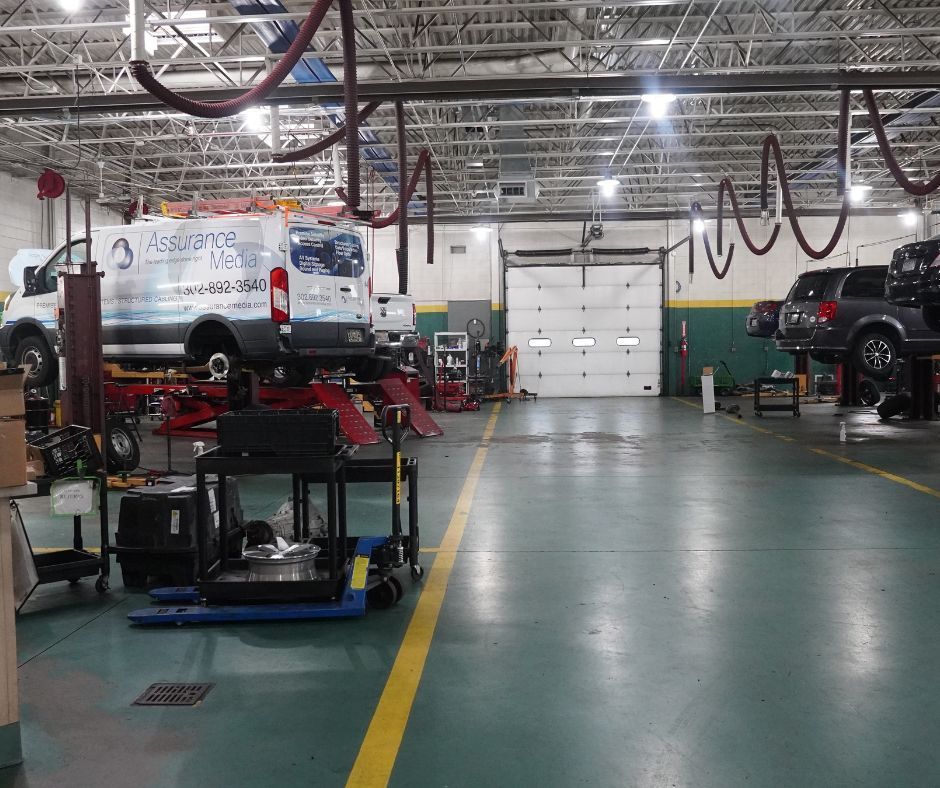
30 Aug, 2023
We're getting a makeover! From September 1-11, 2023, our Pike Creek shop is undergoing a major facelift to bring it up to our standard. Starting September 1st, our service team will be relocated temporarily to our locations in Hockessin and North Wilmington.
Despite the temporary closure, our team is here to ensure you receive the services you need during this next week.

14 Aug, 2023
With school starting in a few short weeks, it’s easy to put auto repair on the back burner. However, it's crucial not to overlook one essential aspect of back-to-school readiness - your car's condition. A reliable vehicle provides a safe and comfortable commute and prevents potential breakdowns and expensive repairs.
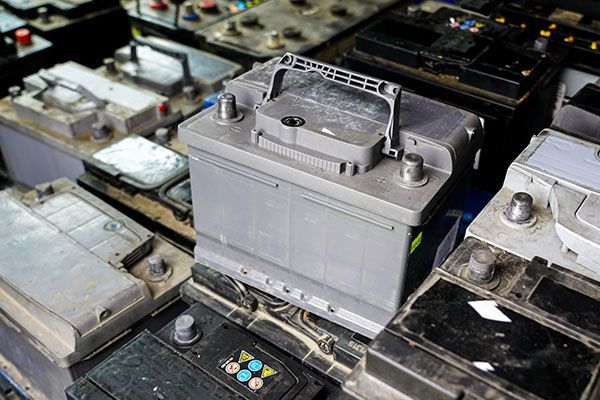
31 Jul, 2023
A well-maintained car battery is crucial for ensuring your vehicle starts reliably and runs smoothly. We rely on our cars for our daily commutes, road trips, and errands, so taking care of the battery is essential to avoid unexpected breakdowns and costly replacements. At the very least, the battery is responsible for starting your car, so it should be able to do it at a minimum.
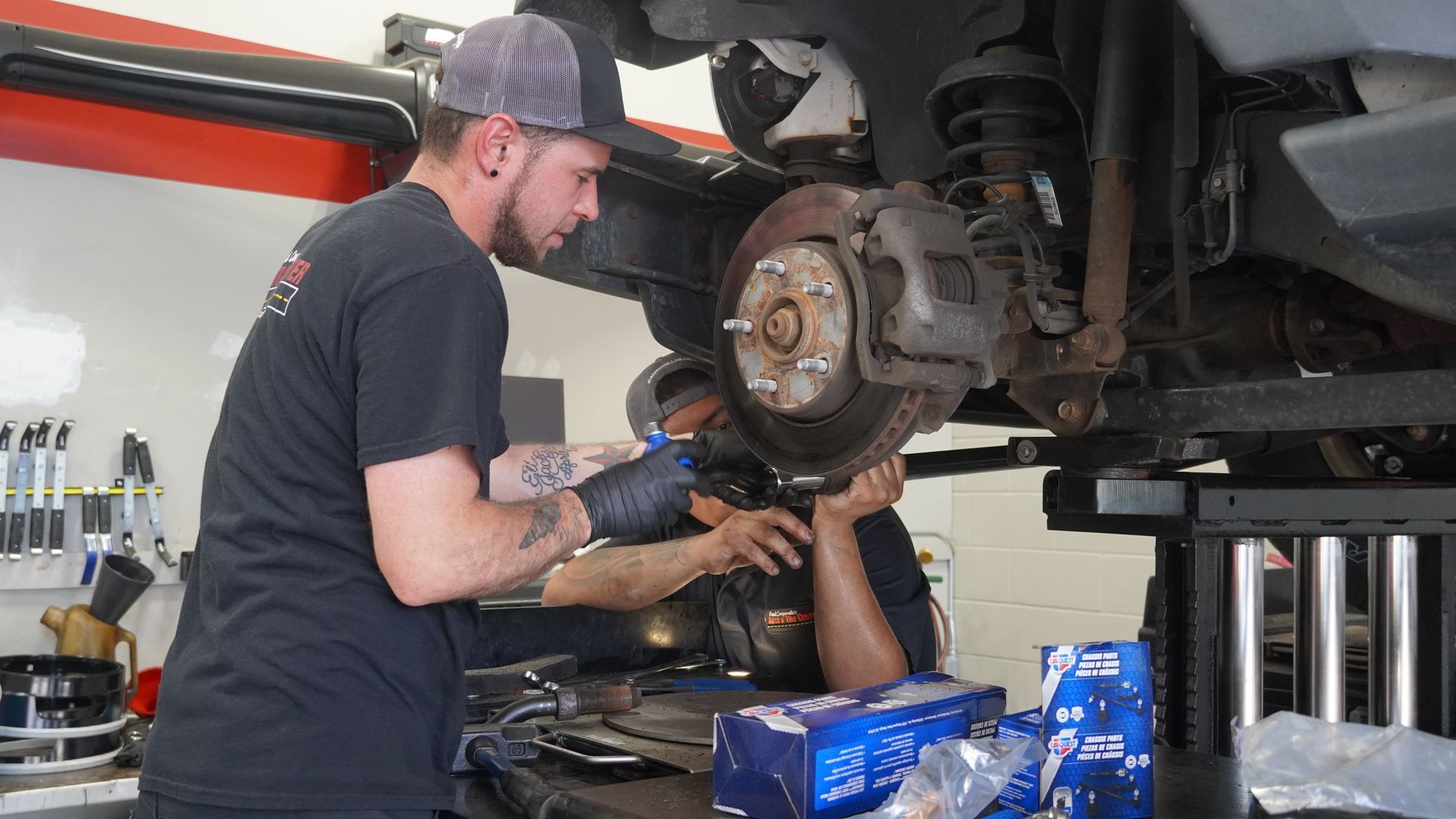
19 Jul, 2023
Summer is here, and, as the temperatures rise, so do the challenges your vehicle faces. The scorching heat, long road trips, and increased demands on your car call for some essential auto maintenance to ensure your vehicle remains reliable and runs smoothly throughout the season. Here are auto repair tips that will keep your car cool in the summer heat.
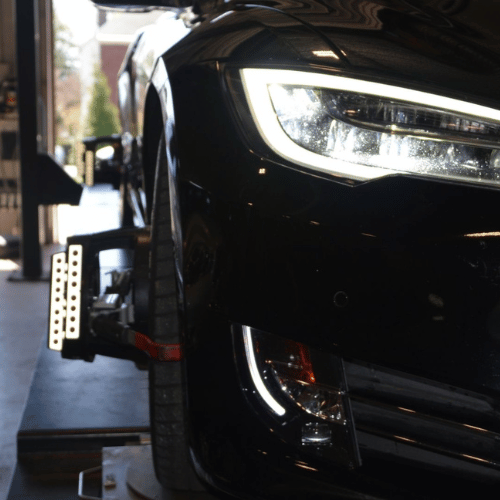
10 Jul, 2023
Have you ever experienced your car pulling to one side or felt a subtle vibration in the steering wheel? These could be signs that your car needs alignment. Proper wheel alignment is essential for optimal handling, tire wear, and overall vehicle performance. In this post, we share five common signs that indicate your vehicle’s wheels are misaligned. By learning to recognize these red flags, you can address alignment issues before they turn into a more expensive repair.
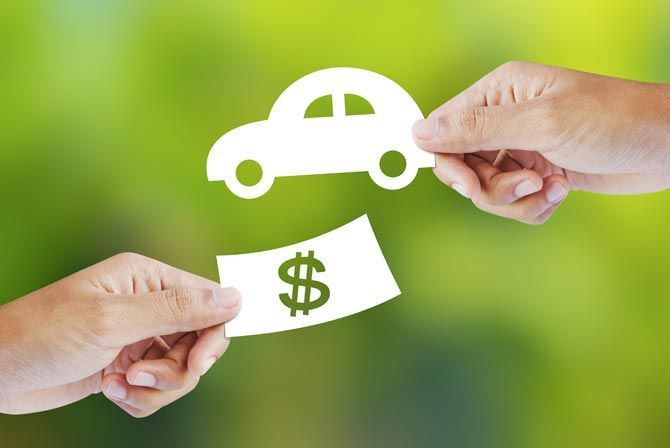
26 Jun, 2023
With auto parts pricing skyrocketing, along with everything else, ordering cheap parts for your vehicle may seem like a financially-sound alternative. In a tumultuous economy, “price-shopping” is tempting, especially if you’ve experienced poor customer service in the past. However, the initial savings from purchasing cheap parts can quickly turn into a financial burden in the long run. Before you spend valuable time browsing the Internet for auto parts, let's take a look at hidden costs associated with cheap parts. You may find that investing in quality parts is a wise decision for both your wallet and your vehicle's longevity.
© 2024
Paul Campanella's Auto & Tire Center

